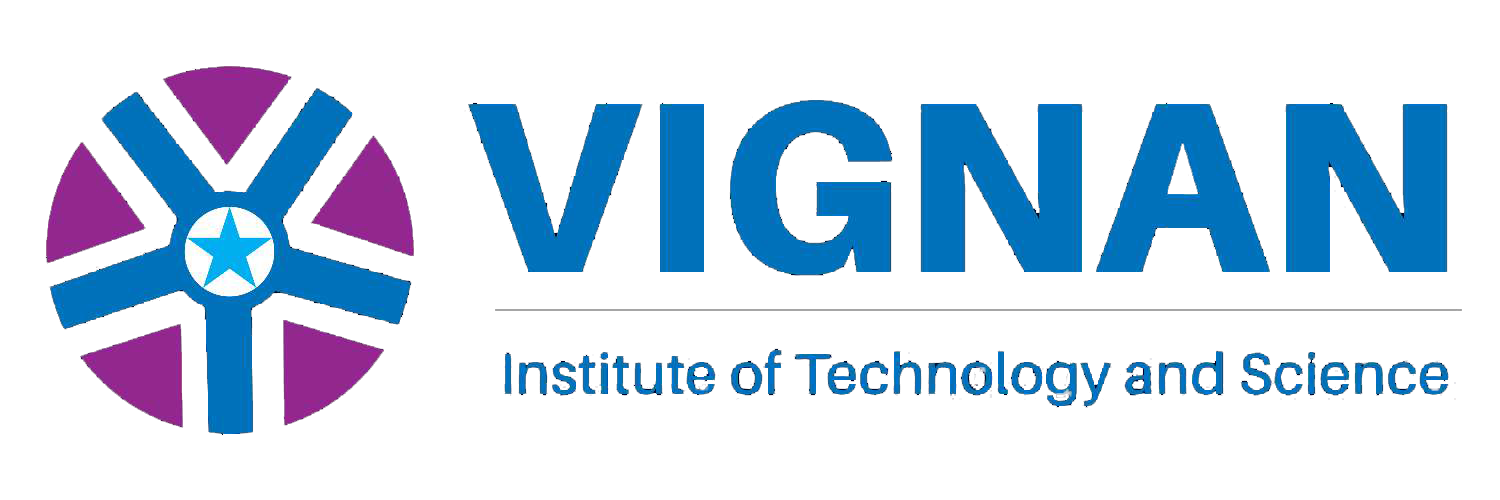Students are introduced to a curriculum for planning, designing, and constructing structures and roads through B-Tech Civil Engineering. Although B-Tech Civil engineering is one of the more traditional engineering specialities, many universities are working to enhance the B-Tech Civil engineering program.
Numerous colleges and institutions, especially civil engineering colleges in Hyderabad, are developing BTech programs with updated curricula in green technology, sustainable engineering, and smart cities. Moreover, after passing the JEE Mains and JEE Advanced exams, many candidates choose to specialize in B-tech Civil engineering since there is a strong need for qualified civil engineers due to the expanding population, which necessitates the construction of additional homes and infrastructure.
B-Tech Civil Engineering Course
A 4-year undergraduate degree in civil engineering focused on building design, planning, and construction is known as B-Tech. The primary topics covered in the course include the design and construction of buildings, bridges, highways, flyovers, and other structures used in transportation.
- Structural engineering
- Architectural engineering
- Transportation engineering
- Geotechnical engineering
- Environmental engineering
- Hydraulic engineering
Also Read: 10 Software Programs To Know In Civil Engineering
B-Tech Civil Engineering Admission
Admissions for B-Tech Civil Engineering are made directly through quotas or entrance exams. Based on their performance in JEE Main and JEE Advanced, students can be admitted to the best colleges for B.Tech in Hyderabad with a minimum GPA of 50 per cent (or 40 per cent for students in restricted categories).
Engineering entrance examinations are offered at levels ranging from all-India to state-level exams. In addition, to admit students to their colleges, colleges also administer entrance tests like in civil engineering colleges in Hyderabad.
JEE Main and JEE Advanced are the nation’s most well-liked engineering entrance tests necessary for enrollment in predominantly public universities. In addition to using the national/state-level entrance tests, private institutions also administer their exams.
B-Tech Civil Engineering Syllabus
| Semester 1 | Semester 2 |
| Functions of Several Variables | Series and Matrices |
| Physics I | Physics II |
| Physics Lab. 1 | Eng. Mechanics |
| Intro to Civil Eng. | Chemistry I |
| Intro to Programming | Chemistry Lab. |
| Eng. Drawing | CE Materials and Construction |
| Ecology and Environment | Life Skills II |
| Life Skills I | – |
| Semester 3 | Semester 4 |
| Math. 3 | Structural Analysis |
| Mechanics of Materials | Geotechnical Eng. 1 |
| Transportation Eng. I | Transportation Eng. 2 |
| Hydraulic Eng. | Environmental Eng. |
| Surveying | Science Electives (Mathematics /Physics/Chemistry) |
| Humanities Elec. 1 | |
| Semester 5 | Semester 6 |
| Life Sciences | Basic Steel Design |
| Geotechnical Eng. 2 | Construction Project Management |
| Water Resources Eng. | Humanities Elective 2 |
| Basic RC Design | – |
| Hydraulic & Environ. Eng. Lab. | – |
| Construction Material Lab | – |
| Semester 7 | Semester 8 |
| Humanities Elective 3 | Professional Ethics |
Scope And Salary Of B.Tech in Civil Engineering
Students can choose from a variety of career paths as a civil engineers, including those in the fields of building control surveyor, CAD technician, consulting civil engineer, contracting civil engineer, design engineer, nuclear engineer, site engineer, structural engineer, water engineer, and rural and urban transport engineer.
In India, a B.Tech Civil Engineer makes an average salary of 3.2 lakhs per year or 26.7K INR per month. A B.Tech Engineer may earn up to 4.7 lakhs per year or 39.2K INR per month.
In conclusion, civil engineers make the world a better place to live by creating roads, bridges, airports, residences, hospitals, parks, tunnels, stadiums, and pretty much everything else one can imagine. Moreover, they work to create a developed community. Cooperation and teamwork are fostered among engineers through the best colleges for B-Tech in Hyderabad.

